SIGN UP TO OUR NEWSLETTER FOR 30% OFF YOUR FIRST 3 SUBSCRIPTION DELIVERIES 🍞
(Get free shipping on Subscription orders over £20 and One Time Purchase orders over £30)
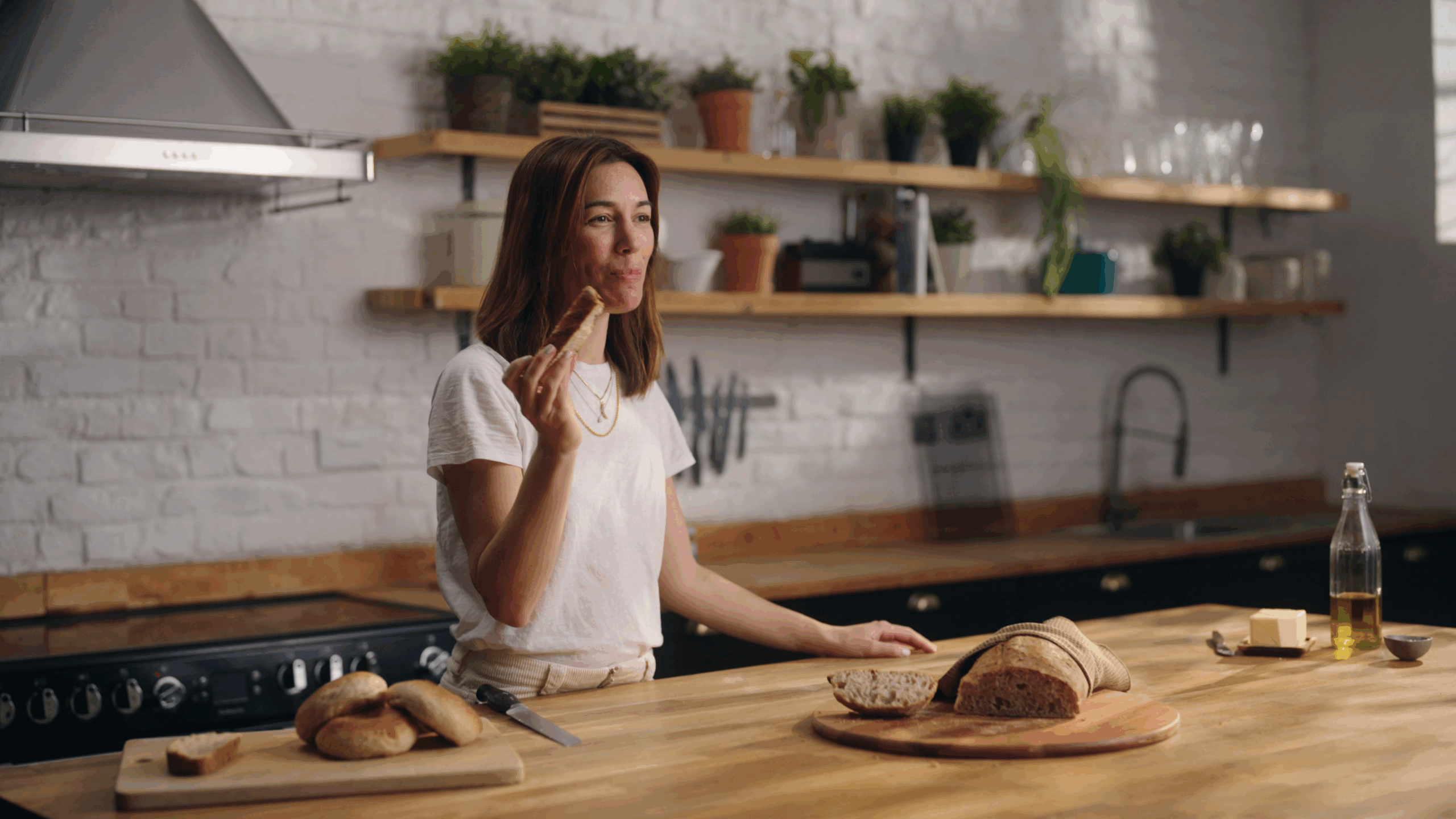
Is white sourdough really healthy, or just a fancier white bread? We break down blood sugar, fibre, gut health, and why fermentation might make all the difference.
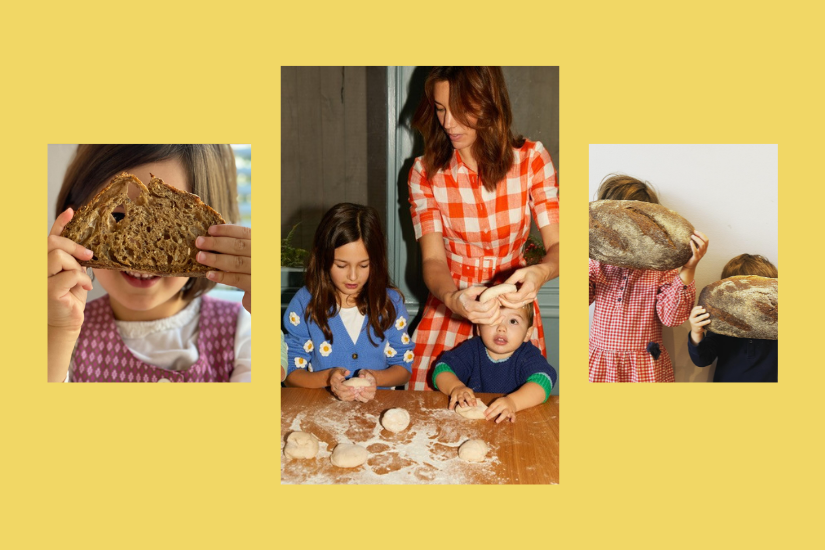
If you’ve ever wondered whether sourdough is safe for babies or when little ones can start eating bread, you’re not alone. Parents ask me these questions all the time — so we’ve put together a simple, experience-based guide to help you introduce sourdough safely and confidently.

Artificial intelligence is all around us, but it’s not just in tech and gadgets – it’s starting to influence the baking industry too. Can AI bring consistency to sourdough without losing its human touch?

Learn why including sourdough in your diet could make managing menopause a little easier — and tastier.
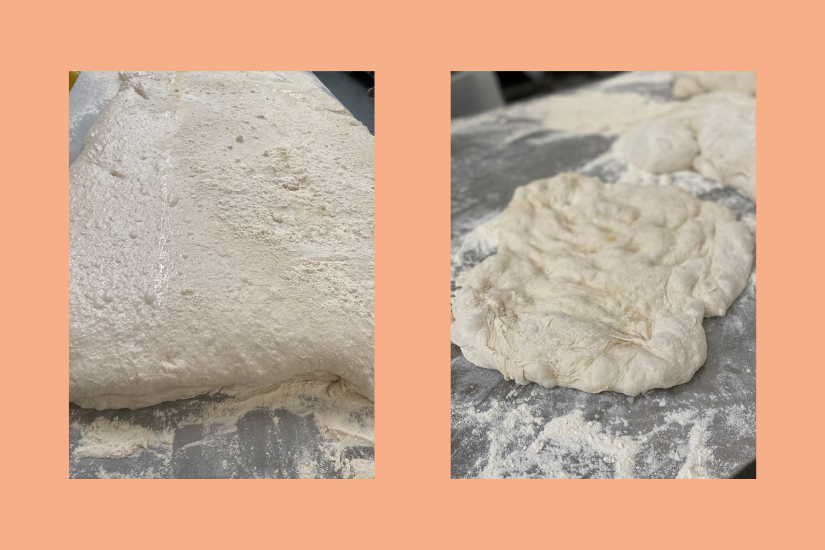
Sourdough fermentation does more than make your loaf tangy and chewy — research shows it can break down some gluten, making it easier on your stomach for those with gluten sensitivity. Curious to find out more?
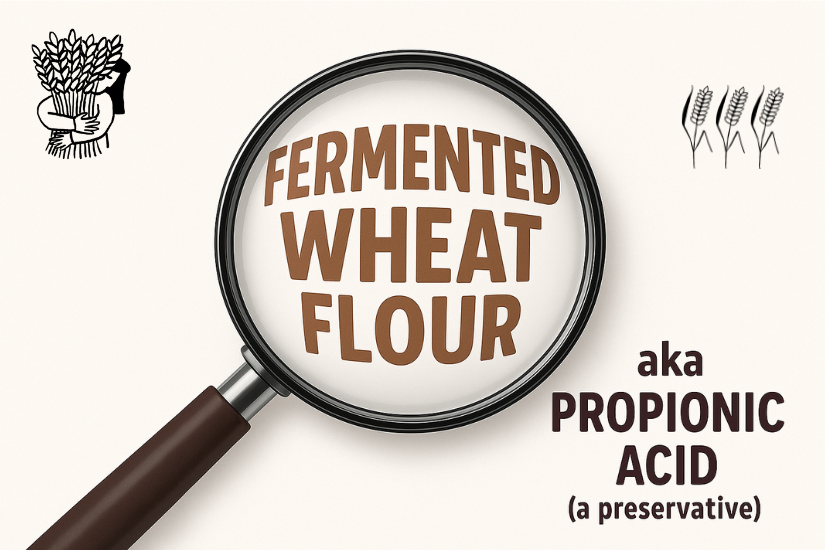
Have you ever grabbed a loaf of bread thinking, “No additives here!” and noticed it stays fresh for weeks? That’s often thanks to fermented wheat flour. It sounds wholesome, but it’s really an industrial trick. Bacteria ferment the flour to produce propionic acid, a preservative that keeps bread soft and mould-free, all without listing the usual E numbers.
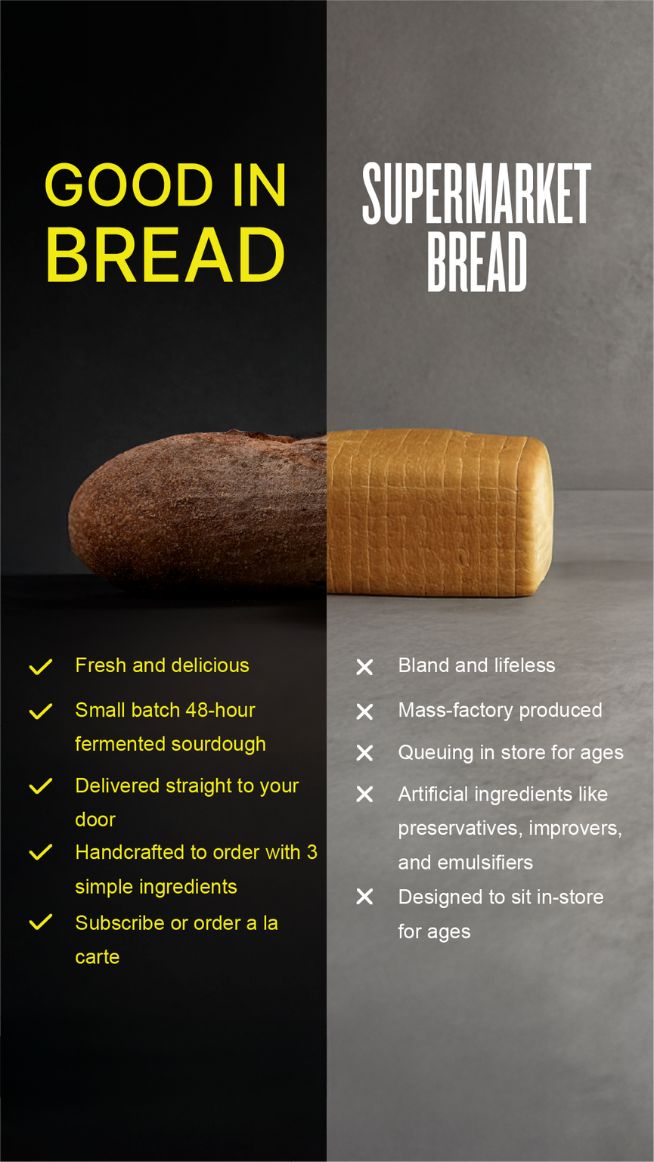
White bread might be soft, nostalgic, and everywhere — but behind the supermarket loaf is a story of speed, science, and ultra-processing. We dig into the rise of the Chorleywood method, why 80% of bread in the UK still comes from it, and what a better white loaf could look like.
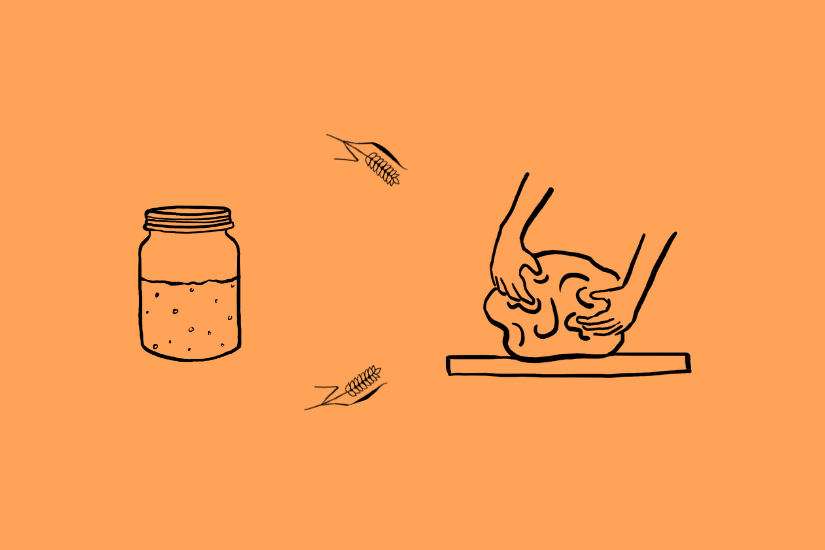
Think bread always leaves you hungry again in an hour? Not so with sourdough. Thanks to natural fermentation, more fibre, and a texture that slows you down, sourdough is bread that fills you up — not out. Here’s how.
Copyright © 2025 Good in Bread